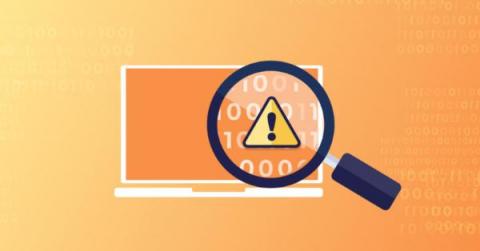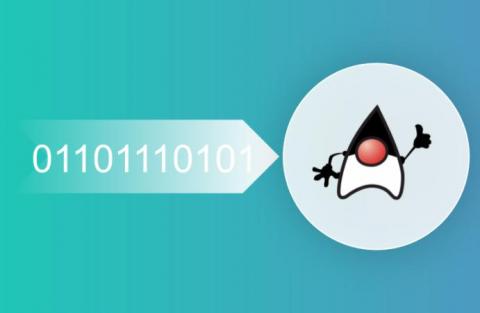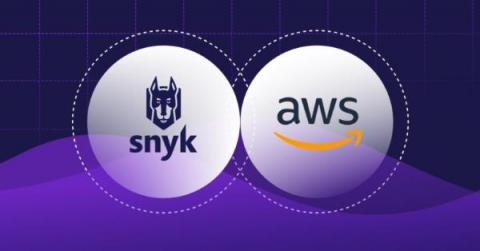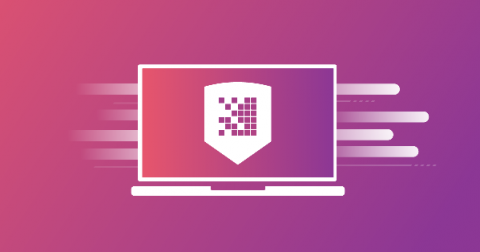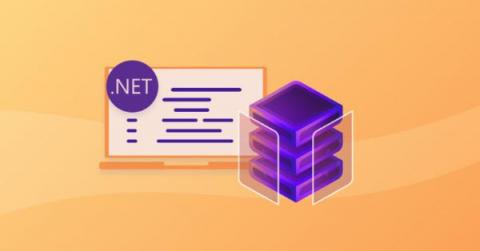Log4Shell vulnerability disclosed: Prevent Log4j RCE by updating to version 2.15.0
Today (Dec.10, 2021), a new, critical Log4j vulnerability was disclosed: Log4Shell. This vulnerability within the popular Java logging framework was published as CVE-2021-44228, categorized as Critical with a CVSS score of 10 (the highest score possible). The vulnerability was discovered by Chen Zhaojun from Alibaba’s Cloud Security team. All current versions of log4j2 up to 2.14.1 are vulnerable. You can remediate this vulnerability by updating to version 2.15.0 or later.


